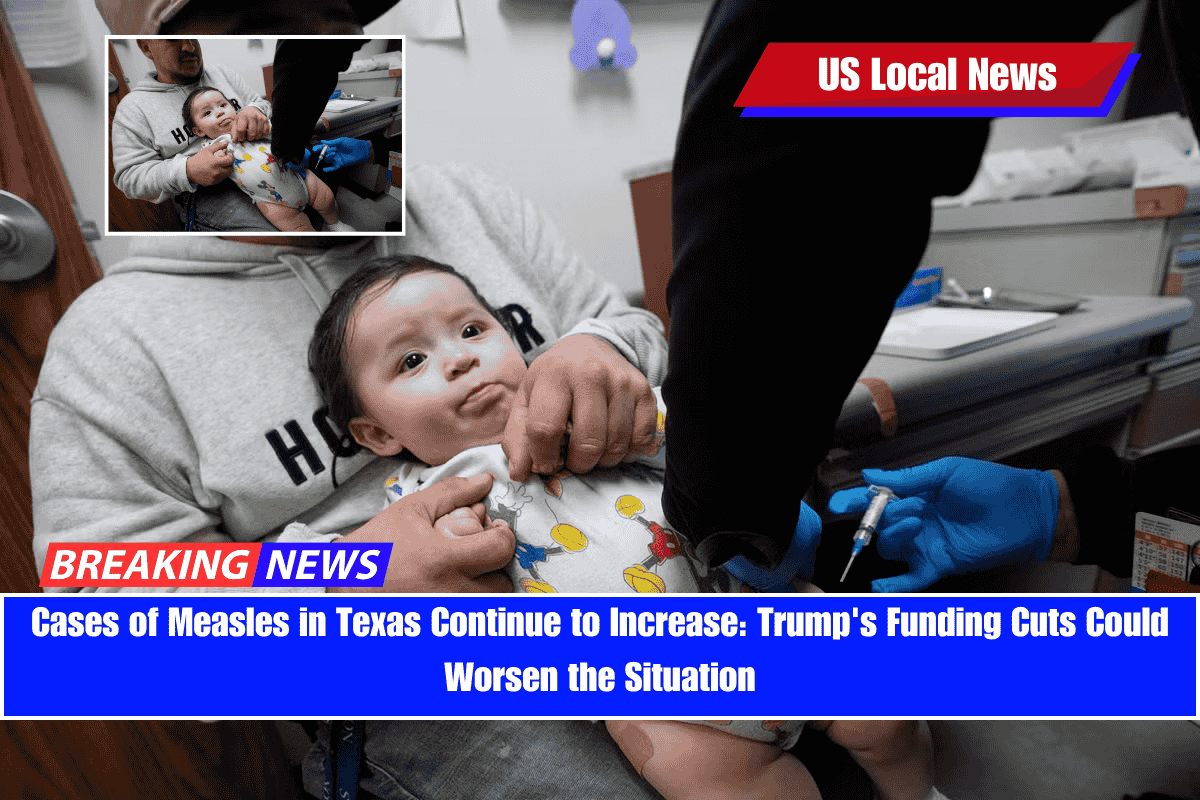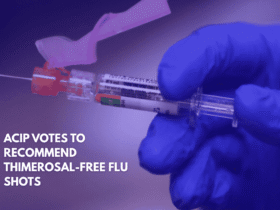A recent surge in measles cases across West Texas has raised serious concerns among officials, as funding cuts for public health initiatives may be contributing to outbreaks of preventable diseases.
Measles, which was declared eliminated in the United States in 2000, has spread across more than 20 counties in Texas. Officials attribute this resurgence to underfunded health departments, which are struggling to maintain effective vaccination programs.
The outbreak in Texas is a stark reminder of the consequences of neglecting public health funding nationwide.
Lack of Funding for Immunization Programs in Texas
“We haven’t had a strong immunization program that can really do a lot of boots-on-the-ground work for years,” said Katherine Wells, the health director in Lubbock, a city near the outbreak’s epicenter.
Texas health departments, like those in many other states, have faced flatlined funding for years, which has contributed to weakened immunization efforts. Despite receiving a brief influx of funds for COVID-19 relief, these programs have not been adequately sustained.
Recent cuts by the Trump administration have further exacerbated the issue, with $2 billion in federal funds for immunization programs slashed. This includes cuts overseen by Health Secretary Robert F. Kennedy Jr., who has been criticized for not delivering a strong, consistent message encouraging vaccinations.
Vaccine Hesitancy and Legislation in Texas
In addition to the funding cuts, a growing number of anti-vaccine voices and political efforts to reduce vaccine requirements are further weakening immunization efforts. In Texas, and other states, legislation has been introduced to make it easier to opt out of vaccinations. This makes it harder to ensure high vaccination rates, which are critical to preventing the spread of diseases like measles.
More than 700 measles cases have been reported in the U.S. this year, surpassing last year’s total. The majority of these cases are in Texas, with two children dying from the disease.
Impact of Measles and Vaccine Gaps
Children in the U.S. are generally required to be vaccinated before attending school. However, a rising number of parents are skipping vaccinations for their children. In 2023, only 92.7% of kindergartners received their required shots, far below the 95% threshold needed to keep diseases like measles from spreading.
The Gaines County area in Texas has one of the lowest vaccination rates, with only 82% of kindergartners vaccinated against measles, mumps, and rubella. In neighboring counties, vaccination rates are slightly higher but still below the critical threshold.
Struggles to Maintain Immunization Programs
Local health departments in Texas, such as Lubbock’s, rely heavily on state and federal funding to run their immunization programs.
However, with stagnant grant amounts over the past 15 years, it has become increasingly difficult to keep programs running effectively. Lubbock only receives $254,000 in immunization grants annually, which barely covers staff costs and essential outreach efforts.
In Andrews County, neighboring Gaines County, residents often have to travel long distances to receive vaccinations due to the limited availability of services. This lack of access makes it harder for people in rural areas to get vaccinated, further contributing to low vaccination rates and the spread of diseases like measles.
A Nationwide Issue
The measles outbreak in Texas is not an isolated incident. Immunization funding cuts have also impacted other states, such as Washington, which lost $20 million in vaccine funding, forcing them to pause mobile vaccination efforts.
Similarly, Connecticut lost $26 million in vaccine funding, which has resulted in canceled vaccination clinics and reduced outreach to underserved communities.
Public Health at Risk
As vaccine hesitancy continues to rise, health officials worry that preventable diseases like measles will continue to spread. Experts stress the importance of investing in vaccination programs to protect vulnerable populations and prevent outbreaks of diseases that can be easily avoided through immunization.











Leave a Reply